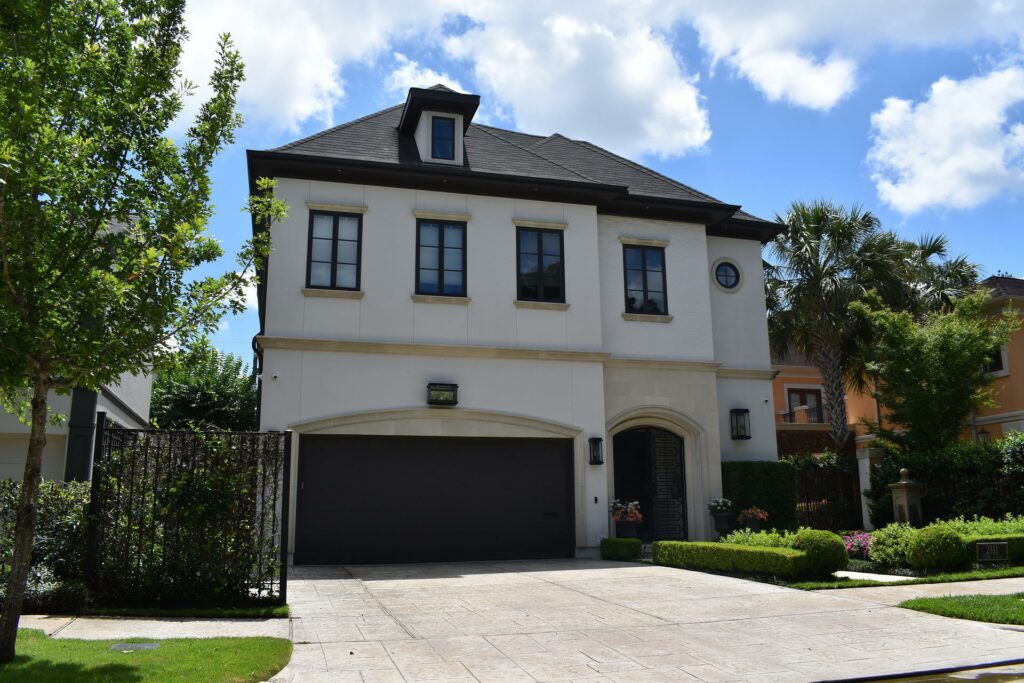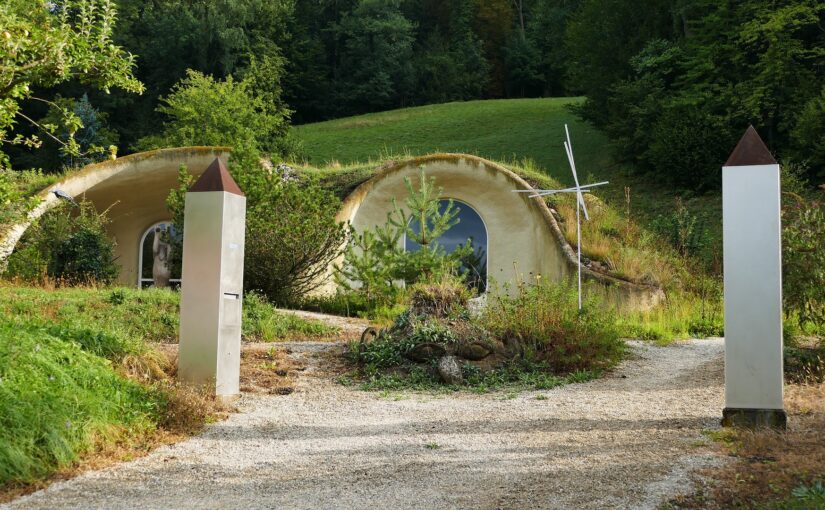Are you looking for a way to transform your home without breaking the bank? Wallpaper is the perfect solution. From feature wallpapers to modern home décor, there are plenty of options available when it comes to wall art designs. Plus, with advances in technology, you can now find wall covering that is durable and easy to install. So, whether you’re looking for a subtle change or something more dramatic, wallpaper can help you achieve the look you want for your home.
History of Wallpaper
Wallpaper has been around for centuries, but the modern version of this decorative wall covering has a surprisingly short history. Wall covering was first used in the 16th century. First, it was limited to the homes of wealthy people who could afford to cover their walls with expensive fabrics. Over time, wallpaper became more affordable and accessible, allowing people from all walks of life to enjoy its beauty. It had an amazing transformation: From its first use in luxurious mansions to its current widespread use in homes around the world.
The Benefits of Using Wallpaper in Your Home Decorating Projects
If you’re looking for a way to give your home a fresh new look without breaking the bank, wallpaper is an ideal solution. Not only does it come in a variety of colours and patterns, but it also offers many advantages over traditional painting. From being easy to install to providing superior durability, there are plenty of reasons why wall covering should be considered for your next interior design project!
With the costs of construction materials – including paint – increasing, sometimes it is even cheaper to put wallpaper instead of paint.
Also, with Photo Wallpaper being available, you can transform your home into almost any place you like. It can be a dense forest, beach, a beautiful city scenario or even a fantasy scene, it’s totally up to your choice.

What are the Different Types of Wallpapers and Which One Is Best for You?
Wall covering is an important part of interior design. It can make a big difference in the overall look and feel of your home. But with so many different types of wallpaper to choose from, how do you know which one is best for you? From vinyl wall art to textured wallpaper for bedrooms, 3D wallpapers, and embossed wallpaper designs, we’ll explore the different types of wallpapers so you can find the perfect one for your home.
Vinyl Wallpaper
Vinyl wall art is a thin, shiny sheet of material that has a plastic or vinyl film infused into the paper. It can be cut to size and applied to walls in any room. It is available in almost any pattern, and it can often be used as an accent wall.
Textured Wallpaper
Textured wallpaper is a type of wall covering that is textured and has a unique pattern. It can be applied to any existing surface, including walls, ceilings, and floors. Textured wall art comes in an array of patterned textures such as wood grain, marble, or watercolor.

Creative Ways to Use Wallpaper in Unconventional Spaces
Wall art is no longer just for bedrooms and living rooms! With the rise of creative wall mural designs, wallpaper can now be used to add a unique touch to any space. From an impressive staircase to entire rooms covered in vibrant prints: There are endless possibilities when it comes to using wall covering in unconventional spaces. So, get creative to use wallpaper in unconventional spaces!
Conclusion: Transform Your Home into a Stylish Haven with the Right Wall
Adding the perfect wall art to your home can be a daunting task. But with the right wall design, you can transform your home into a stylish haven! From modern abstracts to classic pieces, there is something for everyone. With the right choice, you can instantly create a beautiful atmosphere in any room of your home. So don’t wait any longer – start transforming your home into a stylish haven today!














